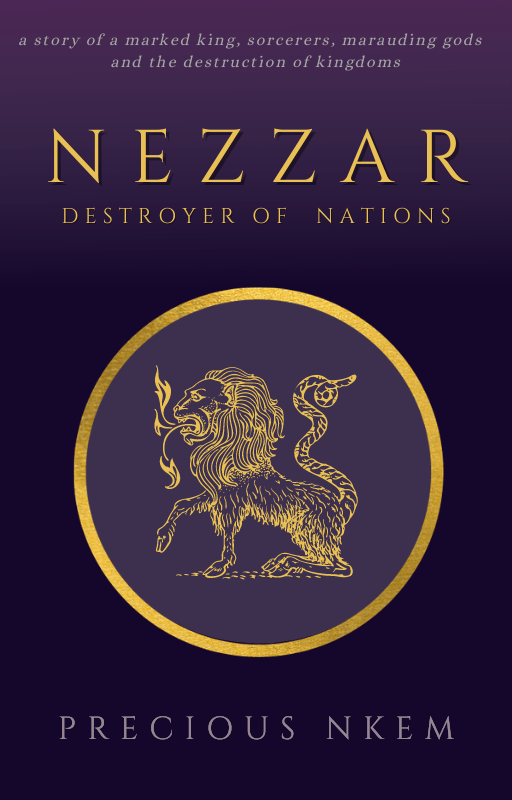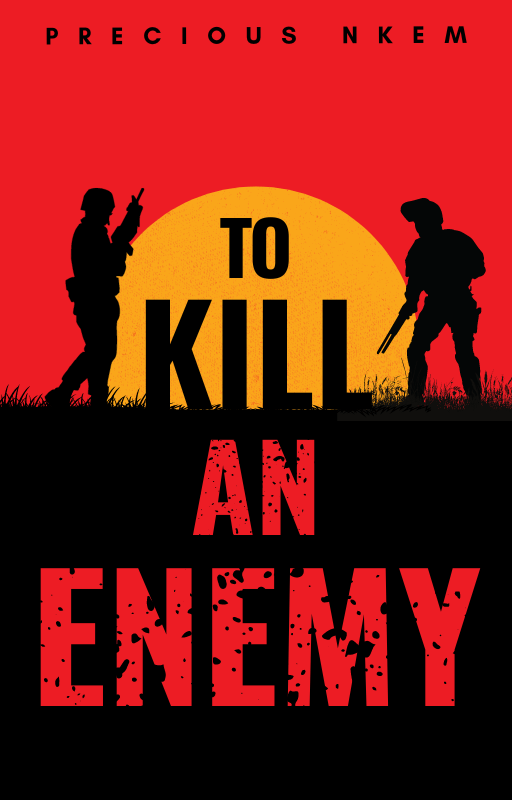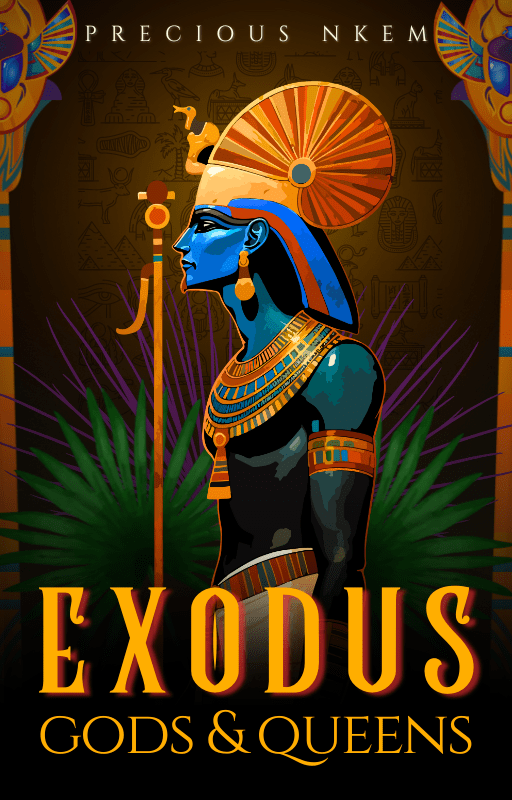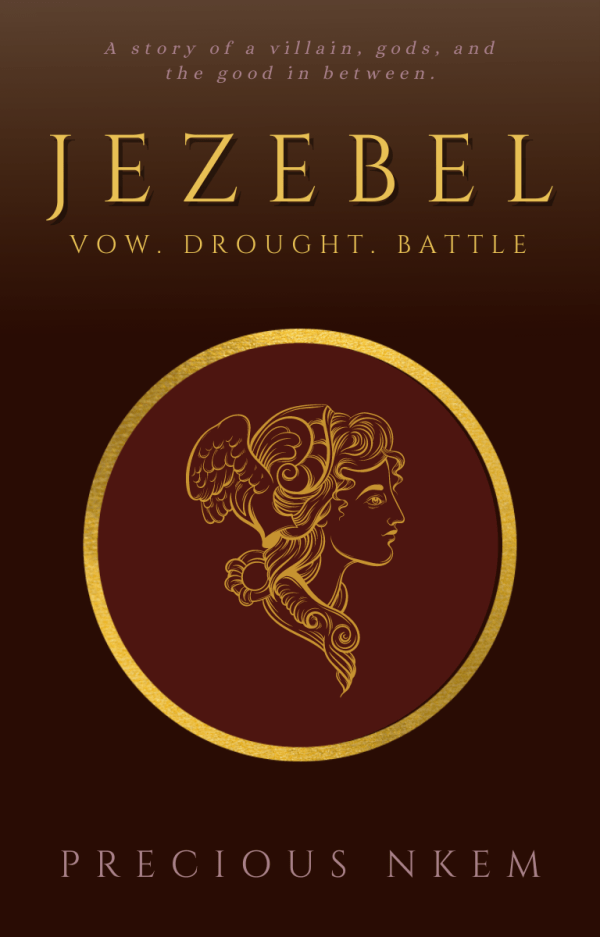A royal wedding between Princess Amytis and Prince Nebuchadnezzar turns into a battle for survival when the Prince becomes a tyrannical ruler. Princess Amytis fights to protect her people, but an ancient god threatens to destroy everything in its path. Will the kingdoms survive?
Strong Head
A malevolent village priest demands Ginika's only child be offered as a sacrifice to his deity. Damning the consequences, Ginika defies him.
The Hairdressers of Ikiko Street
Lotanna, a young student, faces bullying and injustice at school. Despite a zero on her test, she stands up to her tormentor, Jude, in a playground confrontation. When the situation escalates, her guardian with a shady background, Mama Henry, intervenes at the school, addressing the headmaster and Jude's mother.
Mr Nobody
I died on the 17th of April 2018, and it was all my fault. It was 1:43 AM. I was drunk as hell and stepping on the gas pedal like a maniac. Though the sharp bend road sign flashed at me, I didn't see it. The road looked perfectly straight to me, I was so certain... Continue Reading →
To Kill an Enemy
Somewhere in Eastern Nigeria, 16th of June, 1968 I avoided looking at the dead man’s face even as I approached. My intention was to quickly search the body for weapons and ammunition. I wasn’t particularly picky, even a knife would do at the moment. Guilt scratched at the back of my mind, preaching a sentimental... Continue Reading →
The Parrot’s Egg
Oyo Empire, Western Africa. 1650 All members of the Supreme Council of the Oyo Mesi and Ogboni fraternity were present. They sat on polished wooden stools that lined the ancient walls of the throne room, and each held his face stiff and unyielding, filling the place with that air of impending doom. Ayibi sat, relaxed on his... Continue Reading →
The Sixth Life of Medusa
Medusa, the mortal daughter of Phorcys and Ceto, was not always a monster. Once an adored priestess of goddess Athena, she offered her complete devotion-until her beauty drew the attention of a lecherous god, and death came soon after. But that was many lives ago. Now at her fifth go at life, Medusa finally lets her guard down and starts a family. But an old nemesis soon resurfaces and thrusts her into the abyss of her first life.
Exodus: Gods and Queens
AN EXODUS RETELLING
What if?
What if the gods of Egypt existed? A house of hulking vicious deities fighting for dominance and obsessing over power?
What if a son of Pharaoh escaped the tenth plague, choosing to take refuge in the midst of the slaves oppressed by his father?
It was 1446 B.C.; the year of Israel's exit, standoff among gods, and the rise of Egyptian queens.
Jezebel
Jezebel, a Sidonian princess, is feared and worshiped for her ruthless ways. When she marries King Ahab, she sees an opportunity to control him and his kingdom. But as war breaks out between the gods and angels, Jezebel's true intentions are revealed. She will stop at nothing to gain power, even if it means sacrificing those she claims to love.








